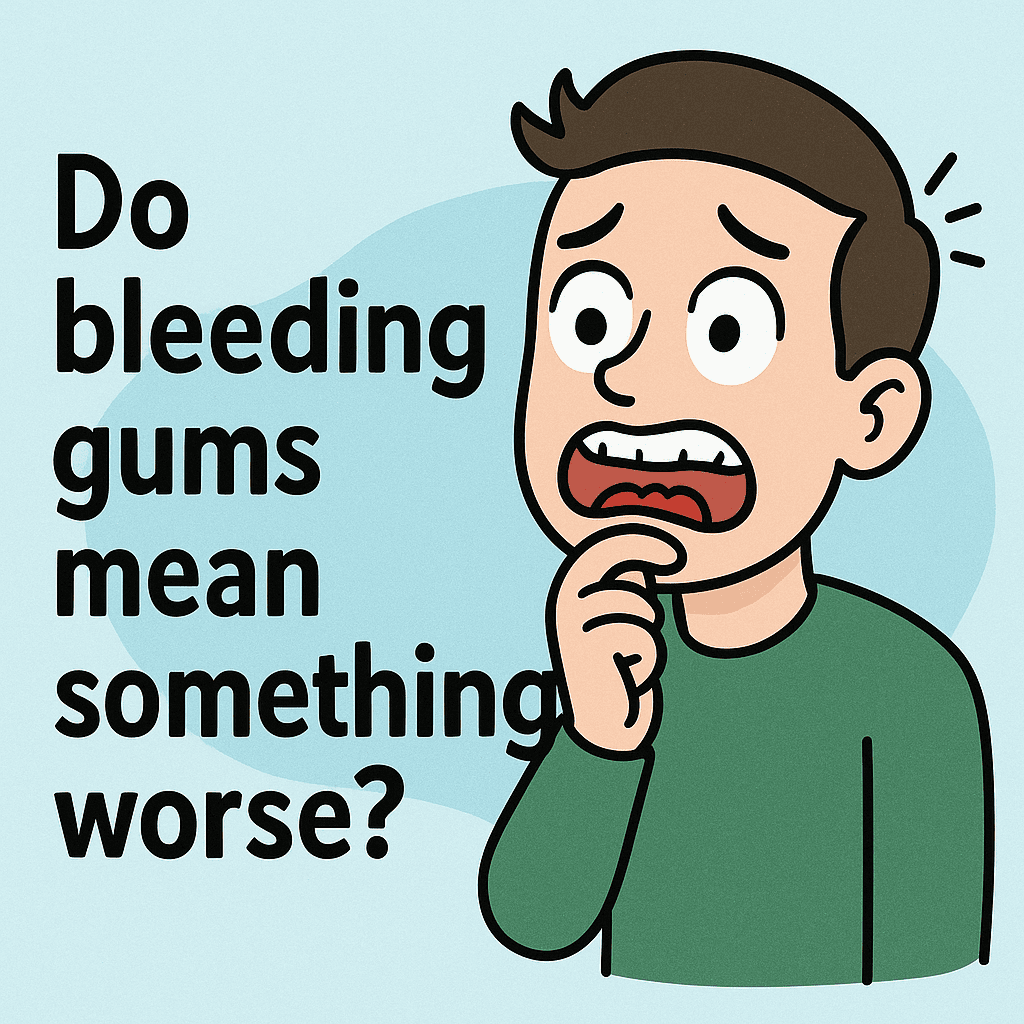We are a professional review company that receives compensation from companies whose products we review. We test each product thoroughly and give high marks only to the ones that are the very best. We are independently owned, and the opinions expressed here are our own.
It’s Pride Month. We’ll see rainbow flags, social media posts, identity, inclusion, and faith discussions. But let’s be honest—if you grew up in a conservative or Christian setting, you may still have questions, or even quiet doubts.
That’s okay.
Doubt can be the doorway to understanding—if we approach it with humility and love. So in that spirit, let’s address some of the most common myths about LGBTQ+ people—not to shame anyone, but to free people from outdated beliefs that hurt more than they heal.
🛑 Myth #1: “LGBTQ+ people are only that way because of trauma or sexual abuse.”
This idea has persisted for decades, and it’s false.
While some LGBTQ+ people have experienced trauma (as many have across all walks of life), there is no scientific evidence that sexual orientation or gender identity is caused by abuse. Most people—gay or straight—have never experienced such trauma, and many trauma survivors are heterosexual.
This myth survives because people want a reason that makes LGBTQ+ identity seem like a condition to be “fixed.” But people aren’t broken because they’re gay or trans. They’re hurt when we tell them they’re unworthy of love.

🔄 Myth #2: “Being LGBTQ+ is a modern trend, or something people are influenced into.”
Let’s be clear: LGBTQ+ people have existed throughout human history. From ancient Greece to 19th-century romantic friendships, from Two-Spirit identities in Indigenous cultures to same-sex relationships in the Bible (yes, they’re in there), this isn’t new.
What is new is the ability to talk about it without fear.
Visibility doesn’t mean indoctrination. It means people are no longer forced to live in silence, secrecy, or shame. And that’s something Jesus would celebrate—truth over fear, light over darkness.
🚫 Myth #3: “Trans people are mentally ill, and used to be considered psychotic.”
This has a complex history, but telling the truth is essential.
Yes, earlier versions of psychiatric manuals (like the DSM and ICD) pathologized trans identities. In the 20th century, trans people were often misdiagnosed as having psychosis or schizophrenia simply because their identity didn’t match their physical body.
But science evolved.
Today, both the American Psychiatric Association (DSM-5) and the World Health Organization (ICD-11) no longer classify being trans as a mental disorder. Instead, they recognize the distress some trans people feel due to social rejection and lack of support, called gender dysphoria, not because of their identity, but because of how the world treats them.
🙄 Myth #4: “HBTQ is just about sex, and children shouldn’t be exposed to it.”
Being LGBTQ+ is not about sex any more than being straight is. It’s about identity, relationships, and love.
When people say, “We don’t want children exposed to LGBTQ+ content,” they often don’t realize that children are already exposed to heterosexuality every day—through Disney princesses, wedding cards, or Bible stories.
LGBTQ+ visibility lets kids know they’re not alone or that their friend or parent isn’t “wrong.” That’s not indoctrination. That’s safety. That’s empathy. That’s Christian.
🙏 Why These Myths Still Linger—And What We Can Do About It
These myths didn’t appear out of nowhere. They come from fear, tradition, misunderstanding, and sometimes misused theology.
But Jesus didn’t avoid the marginalized—he moved toward them. He touched lepers, dined with tax collectors, and broke social rules to love people completely.
If our faith makes us afraid of difference, maybe it’s not faith we’re following—but fear dressed up in religious language.
We don’t have to abandon our beliefs to include others. We just have to deepen our understanding of what love looks like.
❤️ Final Thought: This Isn’t About Politics. It’s About People.
This Pride Month, let’s not let myths, fear, or dogma keep us from seeing the person behind the label.
If we want to be Christlike in our dating, friendships, and communities, we have to start here: with truth, compassion, and willingness to unlearn.
Because God’s love isn’t based on conformity, it’s based on grace.
And grace never discriminates.
Written by Dating Coach Rickard Österholm
Founder of chirhodating.com – Where faith meets connection


